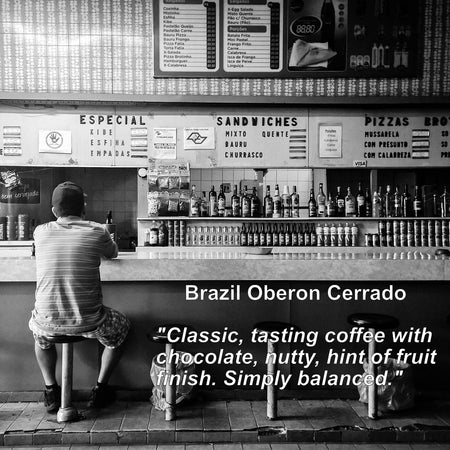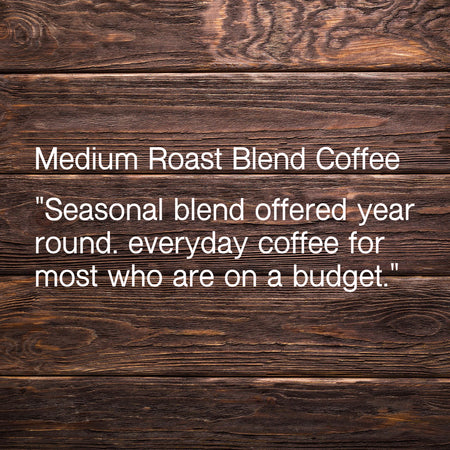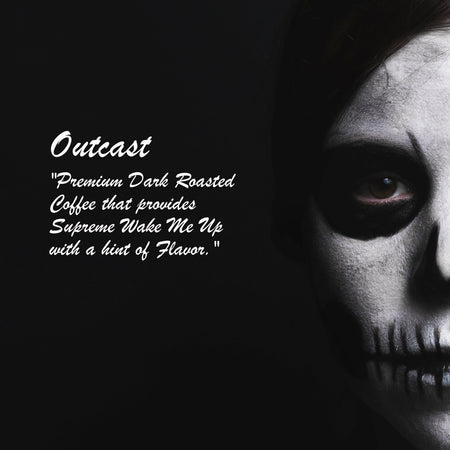In the world of specialty coffee, we often find ourselves chasing the smallest differences—the subtle variations in flavor that emerge from changing just one variable in our brewing process. But at what point does this pursuit of subtlety become counterproductive? When does our obsession with gear and technique begin to rob us of the simple joy that brought us to coffee in the first place?
The Rabbit Hole of Coffee Equipment
I recently found myself staring at two new brewers I had just purchased, wondering: Who are these coffee makers for? How are they different? How are they better than what I already have?
This moment of clarity (or perhaps confusion) made me question the path many of us find ourselves on—continuously adding tools to our coffee arsenal without necessarily improving our overall experience.
The truth is, I've changed grinders, modified my water chemistry, and constantly taste-tested coffees to understand the nuances better. And yes, there are differences—but they're subtle. The question becomes: Are these differences significant enough to warrant changing our approach, buying new equipment, or spending more money?
The Toolbox Metaphor
Think of your coffee setup as a toolbox. Over time, we accumulate various tools—brewers, grinders, kettles, scales—each promising to solve a specific problem or enhance our brewing in some unique way.
But consider this: in most home projects, despite having dozens of tools available, we typically reach for the same handful repeatedly. We develop comfort and expertise with these familiar instruments, while many others collect dust.
Coffee is no different. Most of us gravitate toward our favorite brewer, our trusted grinder, and our go-to recipe, regardless of how many alternatives we've accumulated.
The Writer's Pen and Paper
Let me offer another analogy. A writer needs only a few fundamental tools to create masterpieces: a notebook and a pen. Sure, they might upgrade to a nicer notebook or a more comfortable pen, but the essentials remain simple.
With these limited tools—plus their imagination, daily practice, and life experiences—writers can create entire worlds. The constraints don't limit their creativity; rather, they focus it.
In coffee, might we achieve greater mastery by limiting our tools and deepening our understanding of the few we choose to use? Instead of constantly changing equipment, what if we invested that energy into perfecting our technique with what we already have?
When Subtlety Meets Relationship
This perspective hit home during a recent discussion with my spouse about my water chemistry experiments. While I insisted there was a noticeable difference in the cup, she countered: "But not that much—nothing to scream home about."
Her comment crystallized something I had been feeling: sometimes we pursue differences that are real but insignificant in the broader context of enjoyment. We risk becoming so focused on detecting subtleties that we miss the more substantial pleasures of the experience.
The Pressure of Expertise
Sometimes I catch myself wondering if my pursuit of coffee knowledge is partly about proving expertise—showing others "that I am the shit and I know all this stuff." This recognition has been uncomfortable but necessary.
The craft of coffee requires understanding, yes, but perhaps not the endless accumulation of gear that we often associate with expertise. True mastery might look more like knowing exactly which tool to use for which situation, rather than having every possible option available.
Finding Balance in Your Coffee Journey
So where does this leave us? Is the pursuit of subtle coffee differences worth it? Or should we simplify our approach?
I believe the answer lies in balance and intention. Here are some thoughts on finding your own equilibrium:
- Question new purchases: Before buying another brewer or gadget, ask yourself what specific problem it solves that your current setup cannot.
- Deepen before broadening: Consider spending time mastering one method before moving to another. What could you discover with your current equipment if you dedicated six months to perfecting your technique?
- Reflect on joy: Does chasing these subtle differences bring you pleasure, or has it become a source of frustration? Let enjoyment be your guide.
- Embrace constraints: Try limiting yourself to one brewer for a month and see how creative you can get with just that single tool.
- Share the experience: Sometimes brewing for others who aren't as deep into coffee helps recalibrate our perspective on what truly matters.
The Irony of Subtlety
Perhaps the most ironic part of this pursuit is that after all the expense, time, and frustration spent chasing subtle differences, we often learn very little from the experience. The variations are so minor that they don't fundamentally change our understanding of coffee.
This isn't to say we should abandon the pursuit of better coffee altogether. Rather, it's an invitation to be more deliberate about where we invest our energy and resources.
The next time you find yourself tempted by a new piece of coffee equipment, ask yourself: Am I seeking a meaningful improvement, or am I just chasing subtlety for its own sake?
In the end, clarity might not come from detecting increasingly minute differences in our coffee, but from understanding why we're pursuing those differences in the first place.



